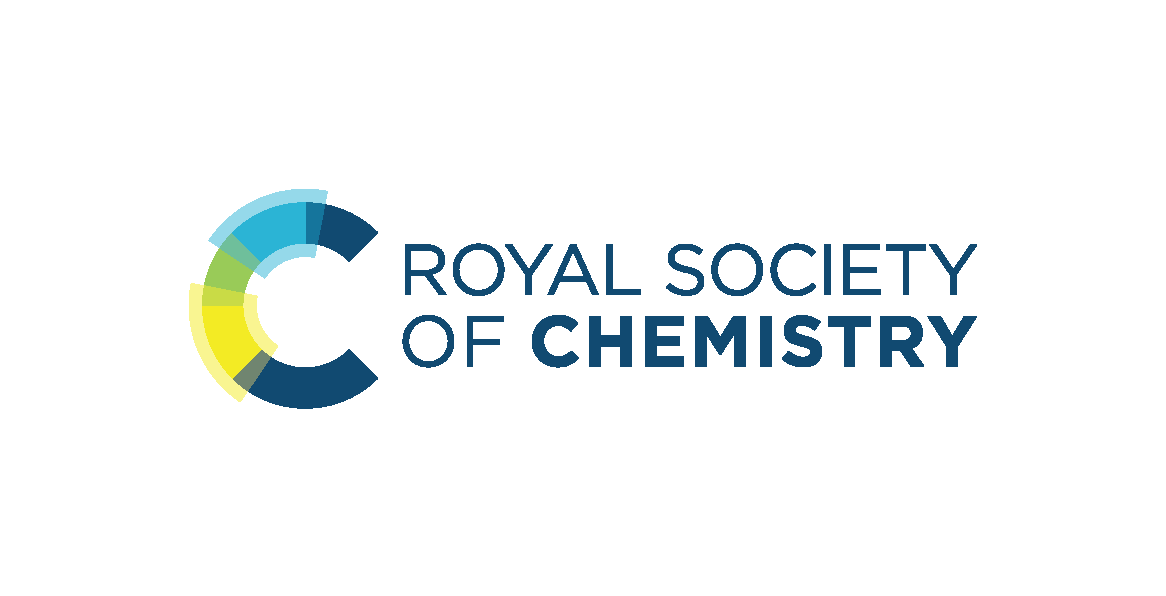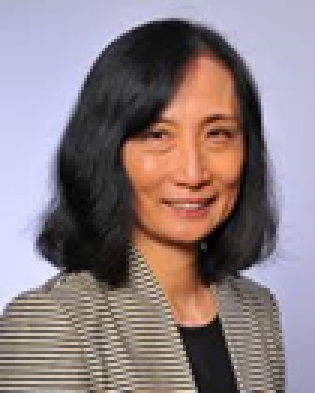 Professor Lin X Chen, Northeastern University, United States
Professor Lin X Chen, Northeastern University, United States
Lin Chen received her Ph.D. from the University of Chicago. After her postdoctoral research at UC Berkeley, she joined Argonne as a staff scientist. In 2007, she joined Northwestern University where her research is focused on fundamental light-matter interactions of different solar energy conversion platforms, including excited state molecular structural dynamics in photocatalytic processes and photovoltaic materials; understanding roles of ultrafast and coherent electronic and atomic motions in in photochemical reactions, and functional structural dynamics of biomacromolecules on multiple spatial and temporal scales. Her main tools for research are ultrafast laser and X-ray spectroscopy/scattering and other property/structural methods in collaborations with theorists and chemists making molecules and materials.
 Professor Malika Jeffries-EL, Boston University, United States
Professor Malika Jeffries-EL, Boston University, United States
Professor Malika Jeffries-EL received BA degrees in Chemistry and Africana Studies at Wellesley College. She earned her master’s and Ph.D. degrees in organic chemistry from The George Washington University. After spending one year at Smith College as a Mendenhall Fellow she then worked as a post-doctoral researcher under the direction of Professor Richard D. McCullough at Carnegie Mellon University. In 2005, she joined the faculty in the Chemistry Department at Iowa State University and was promoted to associate professor with tenure in 2012. She joined the Department of Chemistry and Division of Materials Science at Boston University in 2016. Her research interest includes Organic light emitting diodes (OLED)s, Organic Solar Cells (OSC)s and Organic Field Effect Transistors (OFET)s.
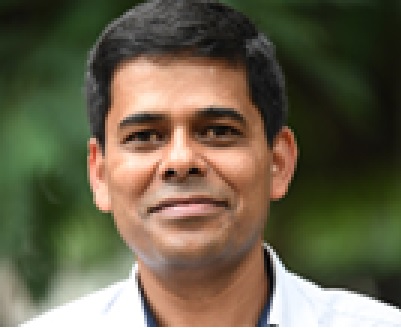 Professor Satish Patil, Indian Institute of Science, India
Professor Satish Patil, Indian Institute of Science, India
Satish Patil is a Professor and Chair at the Indian Institute of Science, Bangalore. He has made significant contributions to both fundamental and applied research in the field of organic semiconductors. His groundbreaking work includes the development of air-stable n-channel conjugated polymers, exploring singlet fission in organic materials, and observing band-like transport in conjugated polymers. In addition to his research, Professor Patil has mentored numerous PhD students and brings over 17 years of teaching experience at India’s premier R&D and academic institution.
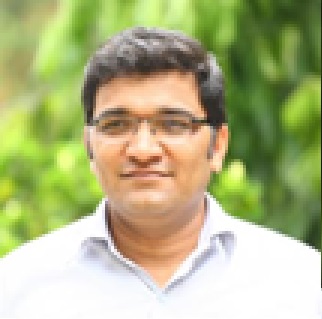 Professor Pratap Vishnoi, Jawaharlal Nehru Centre for Advanced Scientific Research, India
Professor Pratap Vishnoi, Jawaharlal Nehru Centre for Advanced Scientific Research, India
Pratap Vishnoi is an Assistant Professor at the Jawaharlal Nehru Centre for Advanced Scientific Research (JNCASR) Bangalore, with joint appointments in the New Chemistry Unit and the International Centre for Materials Science. He earned his M.Sc. degree in chemistry in 2006 from Rajasthan University, Jaipur, and Ph.D. degree in chemistry in 2014 from the Indian Institute of Technology Bombay, Mumbai, under the mentorship of Prof. R. Murugavel, focusing on developing fluorescent chemo-sensors and porous materials based on triarylbenzene and related C3-symmetric building blocks. Dr. Vishnoi conducted his first post-doctoral research at JNCASR under Prof. C. N. R. Rao, investigating the synthesis, and chemical functionalization of 2-D nanomaterials like transition metal dichalcogenides and phosphorene, and their application in photocatalytic hydrogen evolution reactions. He then held a second post-doctoral position at the University of California, Santa Barbara, where he worked with Prof. Ram Seshadri and Prof. Sir Anthony K. Cheetham on transition metal halide perovskites. He joined the JNCASR faculty as a SERB Ramanujan Fellow in April 2021 and became an Assistant Professor in June 2023. He was named as an Emerging Investigator by the Journal of Materials Chemistry A in 2022 and the Chemistry – An Asian Journal in 2023. His current research focuses on hybrid metal halide perovskites for applications in magnetism, phase-change materials, and light emission. He is also committed to scientific outreach programs for schools and colleges in rural India.
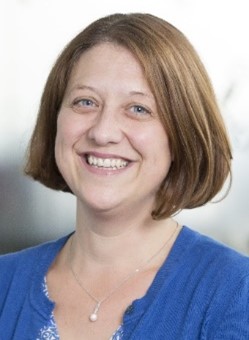 Dr. May Copsey, Royal Society of Chemistry, United Kingdom
Dr. May Copsey, Royal Society of Chemistry, United Kingdom
May Copsey is currently the Executive Editor for Royal Society of Chemistry’s flagship journal, Chemical Science. She joined the Royal Society of Chemistry in 2006 as an Assistant Editor and has worked on a variety of different journals during this time, including Dalton Transactions, CrystEngComm and Journal of Materials Chemistry. She was Executive Editor for the Analytical portfolio of journals for four years, before moving to take over the General Chemistry portfolio, including Chemical Science, ChemComm and Chemical Society Reviews in 2015. She has had the pleasure of leading the formation of a new team dedicated to Chemical Science since June of 2018. May is a main group chemist at heart, as before joining the RSC she worked for three years as Post-doctoral Research Associate at the University of Calgary, after completing a PhD in main group chemistry at the University of Bristol.









